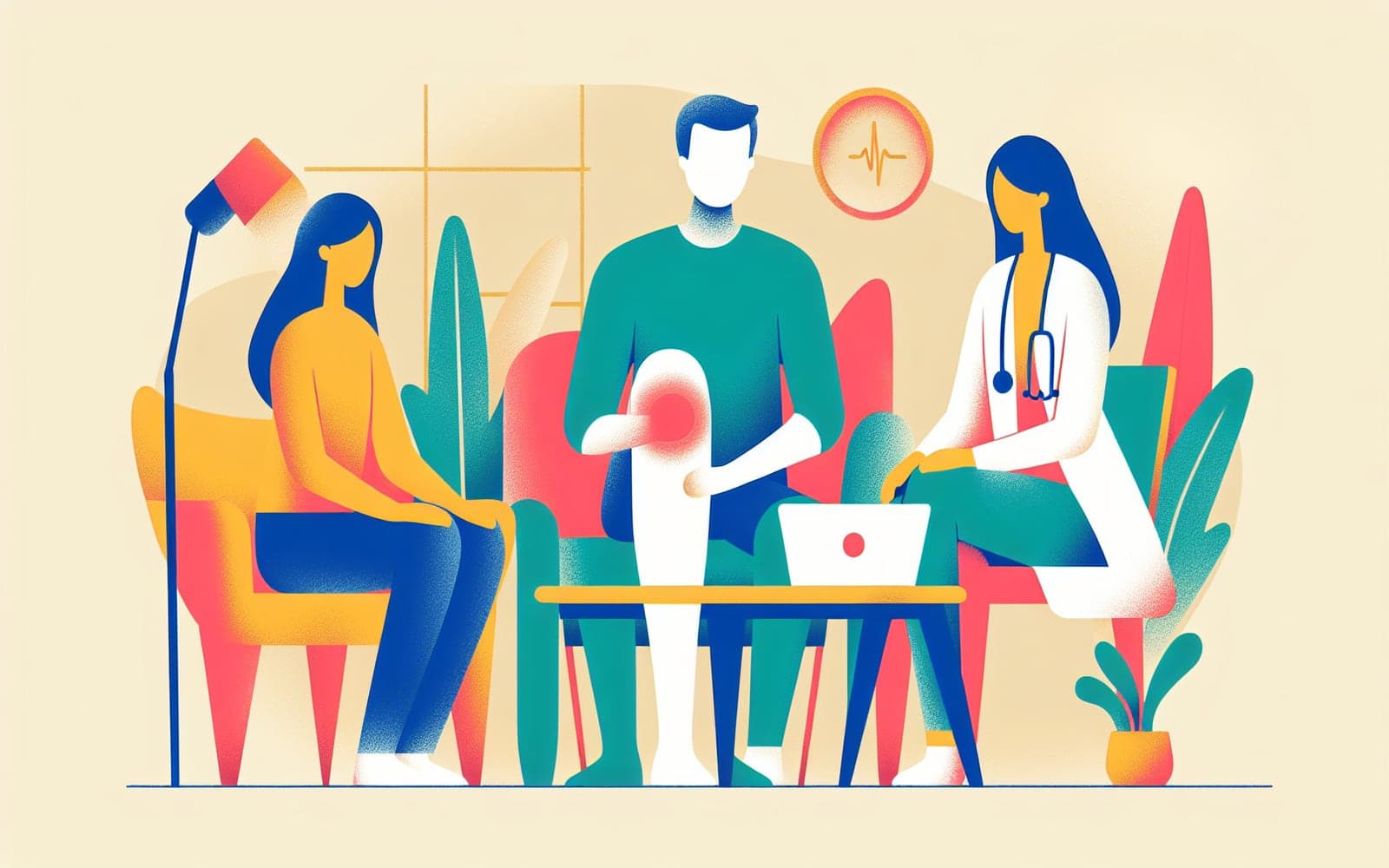Is Your Lifestyle Putting You at Risk for Bursitis?
Published: Apr 19, 2024

Medically reviewed by Jerome Albert Ecker | MD, Assistant Professor of Medicine, Duke University - Durham, NC on April 19th, 2024.
Certain lifestyle choices and conditions can increase your risk of developing bursitis. Find out if you're at risk and how to mitigate it.
Contents
Mechanical Stress and Overuse
Activities that involve repetitive movements or prolonged pressure on joints can lead to bursitis. Careers or hobbies that require kneeling, leaning on elbows, or heavy lifting may increase risk. Using protective equipment and varying activities can help reduce the strain on joints.
Health Conditions and Bursitis
Conditions like rheumatoid arthritis, gout, and obesity can predispose individuals to bursitis. These conditions can cause inflammation or mechanical imbalances, increasing stress on the bursae. Managing these health issues with a healthcare provider can reduce the risk of bursitis.

Age and Gender Considerations
While bursitis can affect anyone, it is more common in adults, particularly those middle-aged and older. Some types, like greater trochanteric pain syndrome, are more prevalent in females. Awareness of these demographics can help in early detection and prevention.
Frequently Asked Questions
Repetitive joint movements and prolonged pressure are key risk factors.
Adults, especially middle-aged and older, are more prone.
Yes, obesity can increase mechanical stress on bursae.
Yes, conditions like rheumatoid arthritis and gout increase risk.
Key Takeaways
Identifying risk factors is the first step in preventing bursitis.
Concerned about your bursitis risk? Talk to Doctronic for a personalized risk assessment!Related Articles
References
Kadar A, Itzikovitch R, Warschawski Y, et al. Diabetes Mellitus Is a Possible Risk Factor for the Development of Trochanteric Bursitis-A Large-Scale Population-Based Study. J Clin Med 2023; 12.
Schapira D, Nahir M, Scharf Y. Trochanteric bursitis: a common clinical problem. Arch Phys Med Rehabil 1986; 67:815.
This article has been reviewed for accuracy by one of the licensed medical doctors working for Doctronic. Always discuss health information with your healthcare provider.

